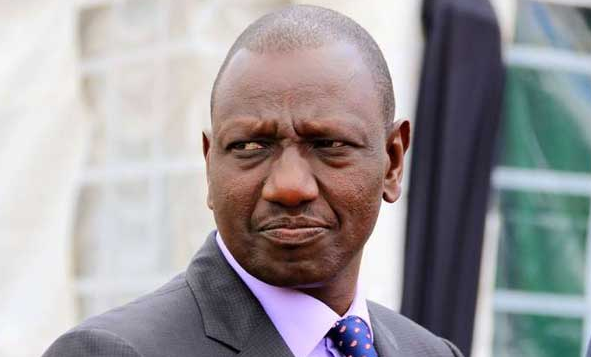
The legitimate Opposition was unable to agree on whom, between Jaramogi Odinga and Kenneth Matiba, would be its candidate to face incumbent President Daniel Moi during Kenya’s first multiparty election in 1992. As a result, the Opposition split into two, one faction supporting Odinga while the other supported Matiba, a scenario that made it easier for Moi to win the election.
Matters were made worse when Mwai Kibaki, until then a Moi stalwart who had once declared that bringing down Kanu would be as hard as cutting down a mugumo tree with a razor blade, also decamped to the Opposition, declaring his candidature on a ticket of his newly-formed Democratic Party. While, as a result of their records, both Odinga and Matiba were genuine Opposition actors, Kibaki was not. In fact, he was regarded as a spoiler, especially for Matiba with whom he shared a voting base.